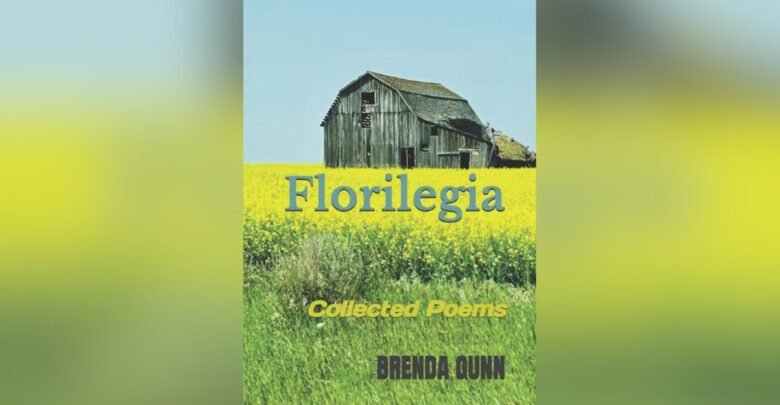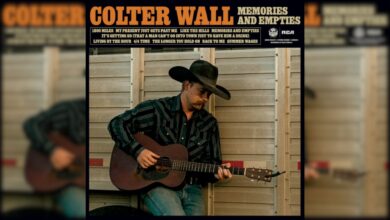Book review: ‘Florilegia’ by Brenda L. Gunn
Brenda L. Gunn's debut poetry collection offers an incisive look at generations of prairie life.
 Supplied
SuppliedLoving a deeply flawed place or person is not for the faint of heart, but it does make for good poetry. Florilegia is the first poetry collection of local poet Brenda L. Gunn, a retired teacher and reading specialist with Edmonton Public Schools (EPSB). The collection covers a broad variety of themes, ranging from early settler life to alienated parents. The poems vary widely in prose style from haiku to free verse.
Gunn’s skilled use of metaphor highlights the hardships of early settlers. Sacrificial relates the toll taken on both a farmer and his oxen. Each is ground down by work until they are indistinguishable from one another. Stella’s Lament: 1905 plunges into the harried life of a pioneer woman who uses the monotony of early homesteading to disguise a deep, simmering grief. Gunn’s pioneer poems convey a genuine appreciation for her ancestors and the land they worked. Additionally, she does so without romanticizing their lives or harsh environment.
Troubled relationships form one of the collection’s strongest motifs. Several poems reflect a deeply ambivalent relationship with a distant father who is quicker to show tenderness towards a well-made suit than his child. Gunn also touches on the pain of watching a parent age and die. This ambivalence carries over into the romantic poems. Particularly, On The Radar artfully captures the claustrophobic feeling of a dying relationship.
Childhood in the prairies is another recurring theme. Gunn expertly uses the minute details of droning classrooms and blazing summer days to call up an easy nostalgia that never turns overly sentimental. Gunn’s approach to childhood is well-rounded and thoughtful. It balances simple joys with mature reflections on poverty (and the horrible indifference to it of authority figures).
Inter-Provincial builds up the narrator’s excitement to leave Alberta, only to be greeted at the border by a ‘Welcome to Saskatchewan’ sign defaced by bullet holes. The collection’s best poem is Ode to a Nemesis: (Open Letter to West Edmonton Mall). It captures the same equivocal feeling I have for West Edmonton Mall. It’s easy to resent that our city’s best-known attraction is a hub of hyper-capitalism. But underneath that, Gunn and I share a sneaking affection for the rejuvenating sanctuary the mall can provide.
Although Florilegia largely succeeds in beckoning the reader into prairie life, the free verse poems can grow slightly self-indulgent at times. They border on a stream of consciousness style that I found occasionally distracting. As well, the haiku poems were a mixed bag. Verse For Our Times (House Arrest Haiku) was a wonderful callback to COVID-19 isolation. However, Brevity and Hemmed In Haiku said very little, and did not enhance the collection.
Overall, Florilegia is a promising first collection. Although it is perhaps written with an older audience in mind, it speaks to the many youth who leave Alberta for greener pastures. Without condescension, or romanticism, it is able to convey an honest warmth for the prairies. Florilegia manages to draw a quiet nobility out of the most prosaic moments — a sense that where you are might just be good enough.




